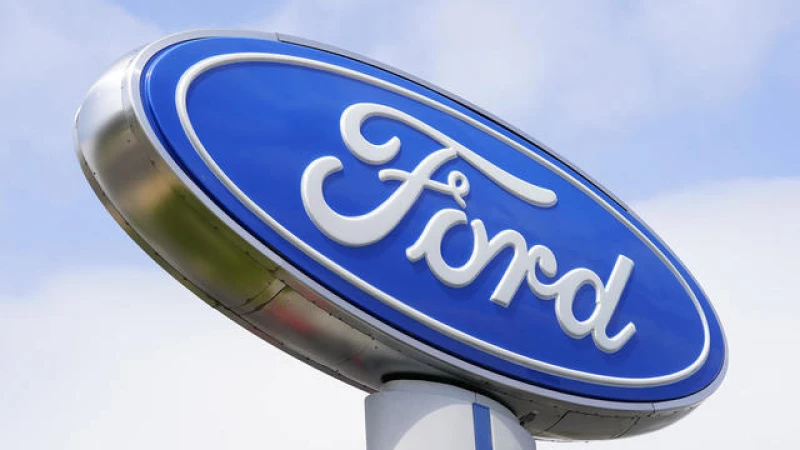Following a Ford recall for gasoline leaks from cracked fuel injectors that can lead to engine fires, the U.S. government's auto safety agency has initiated an investigation. The National Highway Traffic Safety Administration stated in documents that the remedy provided by Ford does not effectively address the leaks.
With documents posted on its website on Friday, the agency announced that it will assess the adequacy and safety implications of the remedy specified in the recall. Surprisingly, the agency acted swiftly by sharing details of the "recall query" just two days after the recall announcement.
The recall affects nearly 43,000 Ford Bronco Sport SUVs from the 2022 and 2023 model years, as well as Escape SUVs from 2022, all equipped with 1.5-liter engines. According to the NHTSA, cracked fuel injectors can result in gasoline or vapors leaking at a high rate onto hot engine surfaces.
However, the safety agency has stated that Ford's solution allows fuel to drain from a hole in the cylinder head to the ground beneath the vehicles. "The recall remedy does not involve replacing the cracked fuel injector," the agency clarified.
An inquiry was made early Friday to Ford for their input on the investigation.
In a statement sent via email on Wednesday, Ford mentioned that they will not be replacing fuel injectors as they believe the recall repairs "will prevent the failure and ensure customer safety." The new software will activate a warning light on the dashboard, allowing customers to drive to a safe location, stop the vehicle, and arrange for service, according to the company. Ford's documents submitted to NHTSA indicate that the issue only occurs in approximately 1% of the SUVs.
The company also announced that they will be extending warranty coverage for cracked fuel injectors, providing replacements for owners who encounter the problem. Ford stated that repairs are already accessible and further information on the extended warranty will be released in June.
Ford announced that they are expanding a recall from 2022 due to the same issue. The repair has been tested on previously affected vehicles, and Ford has not reported any problems with the fix.
In addition, Ford clarified that they are not advising that the SUVs only be parked outdoors as there is no evidence of fires occurring when the vehicles are parked with the engines off.
Michael Brooks, the executive director of the nonprofit Center for Auto Safety, criticized Ford's solution for the fuel leaks, labeling it a "Band-aid type recall." Brooks also accused the company of attempting to evade the expenses associated with repairing the fuel injectors.







